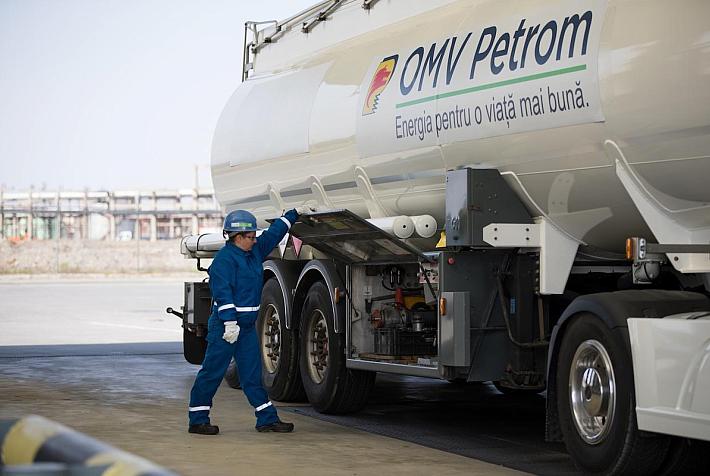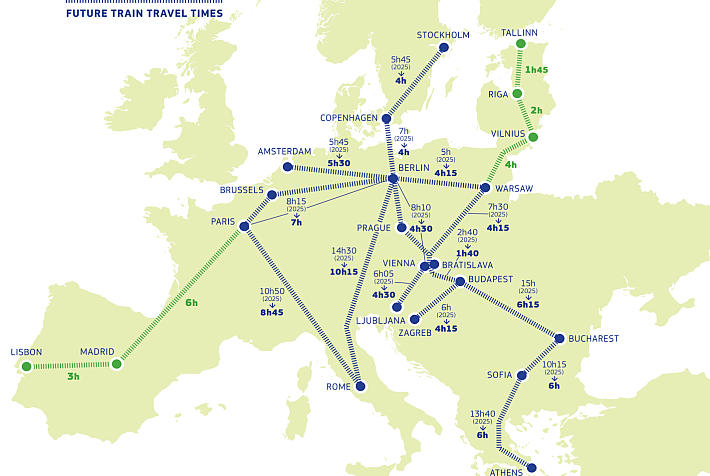Legislative changes affect NGO financing in Romania

Only one in two companies that paid tax on profits in Romania, in 2017, used the fiscal facility that allows them to direct 20% of the tax on profit to non-profit organizations, according to estimates by the Association for Community Relations.
According to data from the tax agency ANAF, some 27,800 companies recorded expenses with sponsorships, charity and private scholarships, including donations to NGOs, worth RON 1.27 billion (EUR 280 million). If all companies that paid tax on profits had directed the maximum amount allowed by the law to the NGO sector, the funds would have reached RON 2.25 billion (EUR 494 million), which would have supported sectors such as education, health and environment, according to the same association.
NGO representatives say three legislative changes have significantly impacted the sector’s financing. These include two successive ordinances that increased the threshold under which companies no longer pay tax on profits but tax on total revenues from EUR 100,000 per year to EUR 500,000 per year and then to EUR 1 million per year. Thus, the number of companies that could direct 20% of their tax on profits to NGOs fell significantly.
Another emergency ordinance provides that micro-enterprises, which pay tax on revenues, can donate to NGOs but only if these are accredited as providers of social services. This significantly limits the number of NGOs that can receive donations from these companies.
editor@romania-insider.com











